
World Ocean Day 2022 with Mundus maris again on three continents
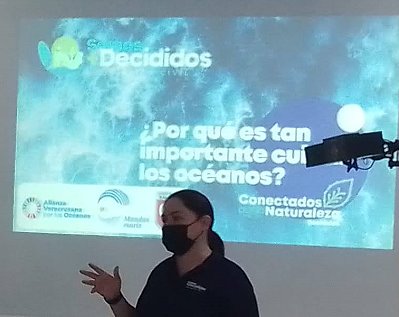 The activities of Mundus maris asbl and its partners to celebrate World Environment Day (5 June) and World Ocean Day 2022 (8 June) started already in May with raising awareness in two classes at the Colegio Bilingüe Báltico in the Veracruz Province, Mexico. The UN motto for this year 'Revitalization: Collective Action for the Ocean' is particularly stimulating and timely in the light of several major reports published in the last few months and painting a gloomy picture of greater negative impact of human action on the ocean than expected. Having said this, the research also shows that much worse can be prevented by determined collective action, e.g. weaning us faster from fossil fuels and delivering the deal in the World Trade Organization (WTO) to finally phase out harmful fisheries subsidies.
The activities of Mundus maris asbl and its partners to celebrate World Environment Day (5 June) and World Ocean Day 2022 (8 June) started already in May with raising awareness in two classes at the Colegio Bilingüe Báltico in the Veracruz Province, Mexico. The UN motto for this year 'Revitalization: Collective Action for the Ocean' is particularly stimulating and timely in the light of several major reports published in the last few months and painting a gloomy picture of greater negative impact of human action on the ocean than expected. Having said this, the research also shows that much worse can be prevented by determined collective action, e.g. weaning us faster from fossil fuels and delivering the deal in the World Trade Organization (WTO) to finally phase out harmful fisheries subsidies.
The words we need for the ocean we share
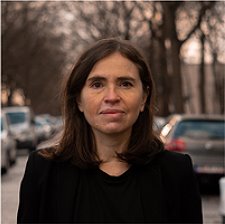 The May 2022 V2V webinar by Dr. Milena Arias Schreiber of the School of Global Studies at Gothenburg University introduced new concepts for the viability of small-scale fisheries. Milena used a justice lense to illustrate that new concepts are needed to describe the experiences of small-scale fisheries people in living under multiple pressures, including blue growth and blue economy. She examines how some of the new concepts can contribute to strengthening the viability of small-scale fisheries. Departing from the origin of the term Blue Justice, Milena shows how concepts can be co-produced through transdisciplinary processes and what contributions they can bring to the future ocean discourses. Her talk is based on a recent co-authored article in Marine Policy titled "Blue Justice and the co-production of hermeneutical resources for small-scale fisheries".
The May 2022 V2V webinar by Dr. Milena Arias Schreiber of the School of Global Studies at Gothenburg University introduced new concepts for the viability of small-scale fisheries. Milena used a justice lense to illustrate that new concepts are needed to describe the experiences of small-scale fisheries people in living under multiple pressures, including blue growth and blue economy. She examines how some of the new concepts can contribute to strengthening the viability of small-scale fisheries. Departing from the origin of the term Blue Justice, Milena shows how concepts can be co-produced through transdisciplinary processes and what contributions they can bring to the future ocean discourses. Her talk is based on a recent co-authored article in Marine Policy titled "Blue Justice and the co-production of hermeneutical resources for small-scale fisheries".
Blue Corridors - MPA networks in the European Parliament
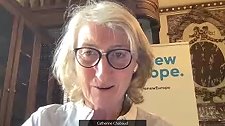 The European Parliament's Intergroup on ‘Climate Change, Biodiversity and Sustainable Development’ convened a webinar titled “European marine cooperation in the Mediterranean and beyond: networks of marine protected area managers, key allies!” that took place on 12 May 2022. MEPs Catherine Chabaud and Stéphane Bijoux sponsored the webinar. This was the first of three planned events aiming to provide the opportunity to discuss the EU marine ambition with the idea of a One Blue Belt. This should be achieved, among others, by boosting international cooperation between networks of MPA managers across the globe to achieve Post 2020 marine conservation targets.
The European Parliament's Intergroup on ‘Climate Change, Biodiversity and Sustainable Development’ convened a webinar titled “European marine cooperation in the Mediterranean and beyond: networks of marine protected area managers, key allies!” that took place on 12 May 2022. MEPs Catherine Chabaud and Stéphane Bijoux sponsored the webinar. This was the first of three planned events aiming to provide the opportunity to discuss the EU marine ambition with the idea of a One Blue Belt. This should be achieved, among others, by boosting international cooperation between networks of MPA managers across the globe to achieve Post 2020 marine conservation targets.
Mundus maris asbl members participated in SSF Workshop in Ojo, Nigeria
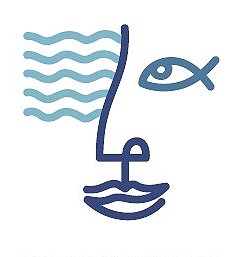 The National Stakeholder and Advocacy Capacity Building Workshop for the implementation of Small-scale fisheries (SSF) Guidelines in Nigeria was held from 9 to 11 May 2022. The workshop was organised by Lagos State University (LASU) with support from Food and Agricultural Organization (FAO), WorldFish Centre and the International Collective in Support of Fishworkers (ICSF) based in India. The Workshop was declared opened by the Vice-Chancellor of LASU, Professor Ibiyemi Tunji-Bello. The Chief convener of the workshop, Professor Shehu Akintola, said the event was aimed at drawing attention and support to the implementation of the SSF Guidelines.
The National Stakeholder and Advocacy Capacity Building Workshop for the implementation of Small-scale fisheries (SSF) Guidelines in Nigeria was held from 9 to 11 May 2022. The workshop was organised by Lagos State University (LASU) with support from Food and Agricultural Organization (FAO), WorldFish Centre and the International Collective in Support of Fishworkers (ICSF) based in India. The Workshop was declared opened by the Vice-Chancellor of LASU, Professor Ibiyemi Tunji-Bello. The Chief convener of the workshop, Professor Shehu Akintola, said the event was aimed at drawing attention and support to the implementation of the SSF Guidelines.
Getting to Viability from Vulnerability
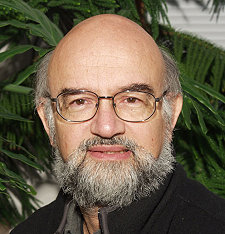 There are several aspects of transitioning from vulnerability to viability. The primary approach consists of identifying vulnerabilities and trying to reduce them to attenuate the effects. But what happens if small-scale fisheries are confronted with unexpected threats and shocks? These can take many different forms. They can consist of changes in the market or fisheries regulations. Climate change is affecting the distribution of resources away from tropical waters. The Blue Economy mantra usually has no place for small-scale fisheries.
There are several aspects of transitioning from vulnerability to viability. The primary approach consists of identifying vulnerabilities and trying to reduce them to attenuate the effects. But what happens if small-scale fisheries are confronted with unexpected threats and shocks? These can take many different forms. They can consist of changes in the market or fisheries regulations. Climate change is affecting the distribution of resources away from tropical waters. The Blue Economy mantra usually has no place for small-scale fisheries.
Yet, men and women in small-scale fisheries face these mostly unpredictable shocks all the time. This is why we need to consider resilience, which is about options, flexibility, and the capacity to deal with unpredictable shocks.The V2V monthly webinar end April 2022 with Dr. Fisket Berkes covers resilience basics and illustrates the resilience of small-scale fishers through several examples.
A Life by the Sea - Book Review
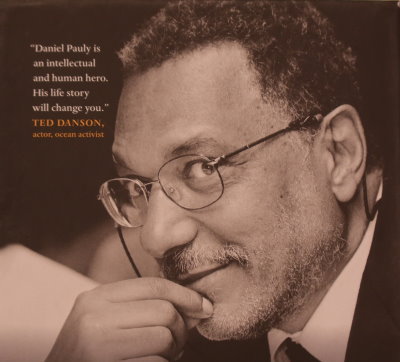 ‘The Ocean’s Whistleblower. The Remarkable Life and Work of Daniel Pauly' by David Grémillet
‘The Ocean’s Whistleblower. The Remarkable Life and Work of Daniel Pauly' by David Grémillet
translated from French to English by Georgia Lyon Froman. Vancouver / Berkely, David Suzuki Institute and Greystone Books, 349 p. ISBN 978-1-77164-754-0
This book review was first published in March 2022 in the SAMUDRA Report 87, reproduced here with kind permission of ICSF.
V2V March 2022 Webinar on Happiness and Mindfulness
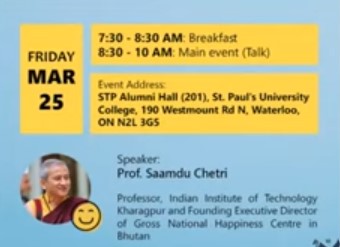 Mindfulness is the source of happiness, which brings awareness of our connection with the environment around us and helps us live in harmony and peace with it. Also, mindfulness builds viability and resilience with changes in our lives. The ultimate goal of every human being is ultimately to be happy and well, and mindfulness prepares us for that. Mindfulness transits us from emotionally harming ourselves to being able to work successfully towards viability. Happiness follows success, and fosters viability over vulnerability.
Mindfulness is the source of happiness, which brings awareness of our connection with the environment around us and helps us live in harmony and peace with it. Also, mindfulness builds viability and resilience with changes in our lives. The ultimate goal of every human being is ultimately to be happy and well, and mindfulness prepares us for that. Mindfulness transits us from emotionally harming ourselves to being able to work successfully towards viability. Happiness follows success, and fosters viability over vulnerability.
World Ocean Day 2022: Revitalization. Collective Action for the Ocean
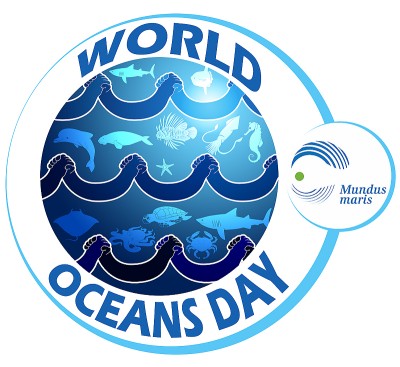 The focus on collective action for ocean revitalization is timely and highly relevant. In the light of a lot of talk on sustainability, many people lose sight of the fact that ‘shifting baseline syndrome’ lets every new generation of professionals ‘forget’ earlier, richer and more productive conditions in marine ecosystems. Restoring the health of the ocean requires a lot of collective action and cooperation at all levels.
The focus on collective action for ocean revitalization is timely and highly relevant. In the light of a lot of talk on sustainability, many people lose sight of the fact that ‘shifting baseline syndrome’ lets every new generation of professionals ‘forget’ earlier, richer and more productive conditions in marine ecosystems. Restoring the health of the ocean requires a lot of collective action and cooperation at all levels.
International Women's Day: Contribution to Domestic Fish Supply
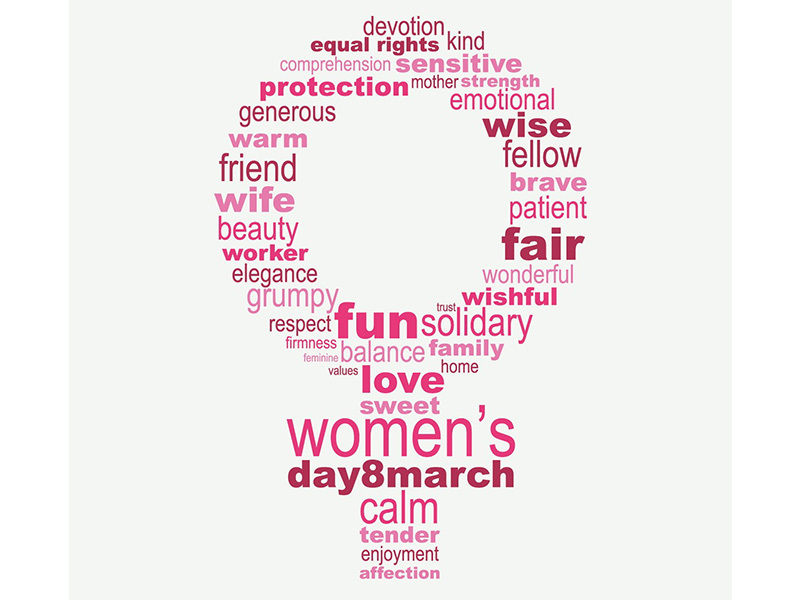 The 'Recognition of Women's Contribution to Domestic Fish Supply for Nutrition and Health' was the central theme of a webinar organised by Mundus maris Nigeria for the celebration of International Women's Day 2022. With Ana Menezes of FAO as keynote speaker this was a great opportunity to explore what's special for women beyond official speeches. Moderator Stella Williams had invited her to share some lessons based on her own experiences.
The 'Recognition of Women's Contribution to Domestic Fish Supply for Nutrition and Health' was the central theme of a webinar organised by Mundus maris Nigeria for the celebration of International Women's Day 2022. With Ana Menezes of FAO as keynote speaker this was a great opportunity to explore what's special for women beyond official speeches. Moderator Stella Williams had invited her to share some lessons based on her own experiences.
Sustainable Development Transformation Forum 2022
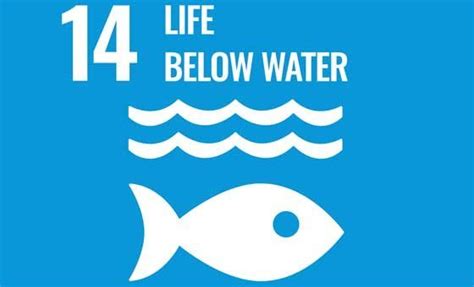 The annual Sustainable Development Transformation Forum (SDTF) normally gathers around a hundred people in Incheon City, Korea, at the end of October every year. The pandemic forced the UN Office for Sustainable Development (UNOSD) to move the forum online for the second time in a row. On 2 March the focus was on Sustainable Development Goal 14 (SDG 14). 'Building back better' from the covid pandemic was a prime concern. The forum intended also making a contribution to the forthcoming second UN Ocean Conference, itself postponed twice, and now scheduled from 27 June to 1 July 2022 in Lisbon. Cornelia E Nauen of Mundus maris was invited as a panelist to one of the sessions on implementing SDG 14 'Life below Water'.
The annual Sustainable Development Transformation Forum (SDTF) normally gathers around a hundred people in Incheon City, Korea, at the end of October every year. The pandemic forced the UN Office for Sustainable Development (UNOSD) to move the forum online for the second time in a row. On 2 March the focus was on Sustainable Development Goal 14 (SDG 14). 'Building back better' from the covid pandemic was a prime concern. The forum intended also making a contribution to the forthcoming second UN Ocean Conference, itself postponed twice, and now scheduled from 27 June to 1 July 2022 in Lisbon. Cornelia E Nauen of Mundus maris was invited as a panelist to one of the sessions on implementing SDG 14 'Life below Water'.
Supporting action on the latest IPCC report
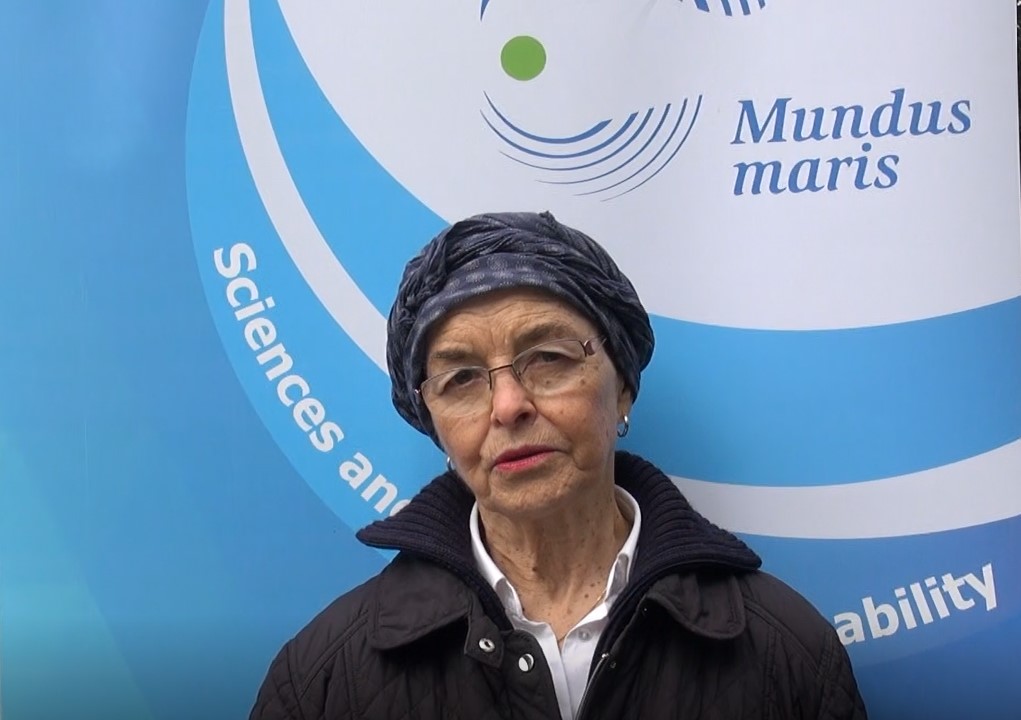 28 February 2022. Human-induced climate change is causing dangerous and widespread disruption in nature and affecting the lives of billions of people around the world, despite efforts to reduce the risks. People and ecosystems least able to cope are being hardest hit, said scientists in the latest report of the Intergovernmental Panel on Climate Change (IPCC). Click on the thumbnail for the support statement by Mundus maris.
28 February 2022. Human-induced climate change is causing dangerous and widespread disruption in nature and affecting the lives of billions of people around the world, despite efforts to reduce the risks. People and ecosystems least able to cope are being hardest hit, said scientists in the latest report of the Intergovernmental Panel on Climate Change (IPCC). Click on the thumbnail for the support statement by Mundus maris.






